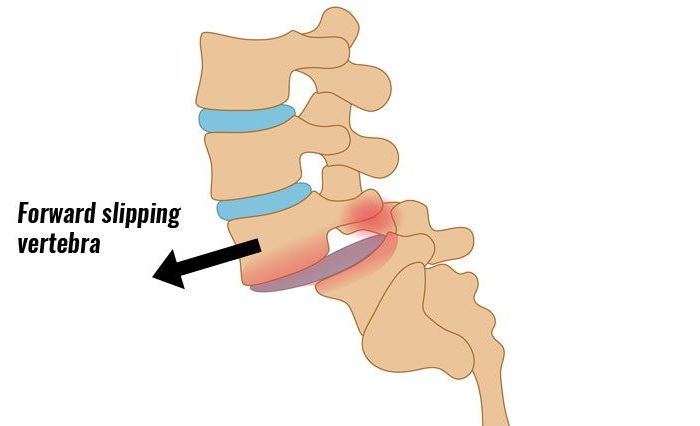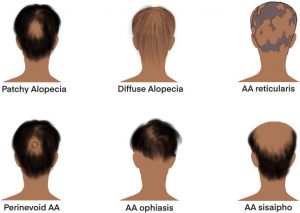Numbness and Tingling

What You Should Know About Numbness and Tinting in the Forearm and Hands of Patients With MS
Numbness and tingling are common symptoms of MS, and they are not uncommon. Many types of treatment are available, from lifestyle changes to medication. Even though they can be uncomfortable, treatments for MS can reduce symptoms and prevent them from getting worse. Patients should visit their health care provider if they experience unexplained numbness and tingling. However, it is important to remember that numbness is not always a sign of a serious condition, and the cause may not be immediately apparent.

There are many causes of numbness and tingling. Some are painful, while others may be temporary. Sometimes, these symptoms can be related to a more serious condition. In these cases, treatment can be done at home or at the doctor’s office. Generally, lifestyle changes, including getting exercise, can help alleviate the symptoms of numbness and tingling, but if the symptoms are persistent or spread to other parts of the body, it’s best to see a doctor for further evaluation.
While most people will experience numbness and tingling from time to time, some cases are more serious than others. For instance, if the numbness and tingling are present in more than one part of the body, such as the neck or the hand, it could be caused by a disease of the central nervous system. Other conditions that can cause numbness in the forearm and hands include multiple sclerosis, stroke, and spinal cord disorders.
There are several treatments available for numbness and tingling. In some cases, lifestyle changes and exercises can alleviate the symptoms. However, if the numbness has spread to other parts of the body, it is best to visit a neurologist for a diagnosis. There are many treatments available for numbness. In the meantime, the most effective treatment for numbness and tingling is to get medical attention as soon as possible.
Symptomatic numbness and tingling can be caused by various conditions. These conditions are not a sign of a disease, but rather a symptom of a serious injury. If you notice numbness or tingling in your hands, it is best to consult a healthcare provider immediately. You should not ignore numbness and a tingling sensation. If it is not an indication of a severe injury, it should be treated as quickly as possible.
Often, numbness and tingling in the forearm are caused by a variety of conditions. While they can be unpleasant to experience, numbness and tingling are common symptoms and typically indicate a serious medical problem. If the symptoms are caused by a nerve or a muscle, you should seek a healthcare provider immediately. A physician can diagnose the cause of numbness and tingling and prescribe the appropriate treatment.
Symptoms of numbness and tingling in the hands are not always indicative of a serious illness or injury. If you’ve been suffering from numbness and tingling in your hands and feet for several days, contact your health care provider right away. Your health professional can perform laboratory tests to identify the cause of the numbness in your hands and feet. Your doctor will assess the cause of the numbness and tingling in order to provide you with the best treatment.
In rare cases, numbness and tingling in the hands and forearm are the symptoms of a serious medical condition. If you experience numbness and tingling, it’s vital to seek medical attention as quickly as possible. There are a variety of treatments available for numbness in the hands. For example, medications can help to decrease the pain and help you move around your forearm and other parts of your body.
If you’re suffering from numbness and tingling in your hands, it’s important to visit a doctor for a diagnosis. In some cases, the symptoms are a sign of a serious medical condition. If your numbness and tingling are confined to one or two parts of your body, a doctor should examine you. If you’re concerned about a specific area, it’s best to have it checked out.
Numbness and tingling in the hands and feet can be caused by a number of different conditions. Occasionally, numbness and tingling in the legs is caused by sitting in certain positions or a lack of proper nutrition. Nonetheless, numbness in the feet and legs can be a sign of an underlying medical condition. You should see a doctor if your symptoms persist for a long time or are intermittent.






